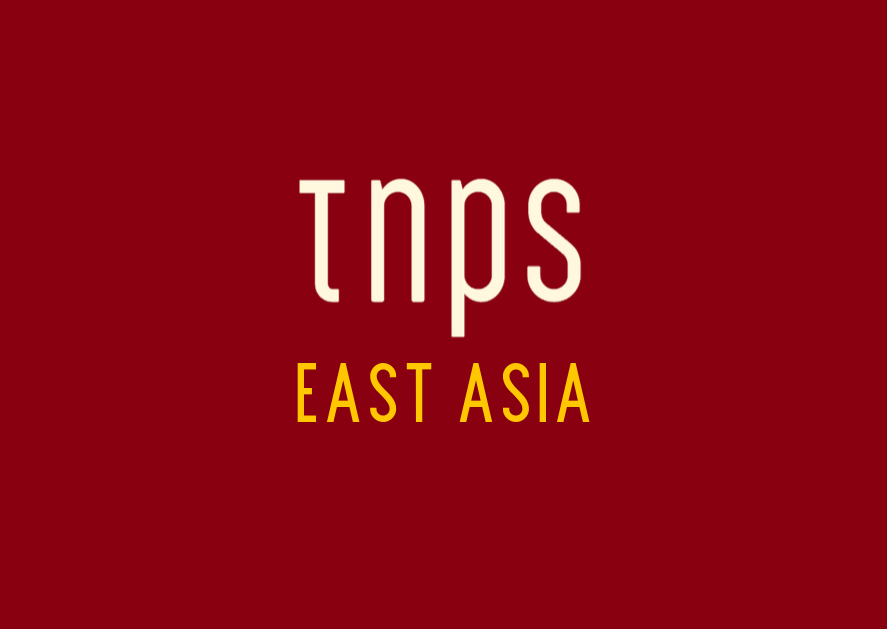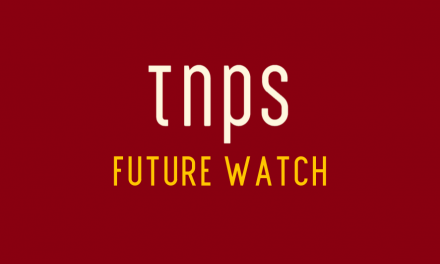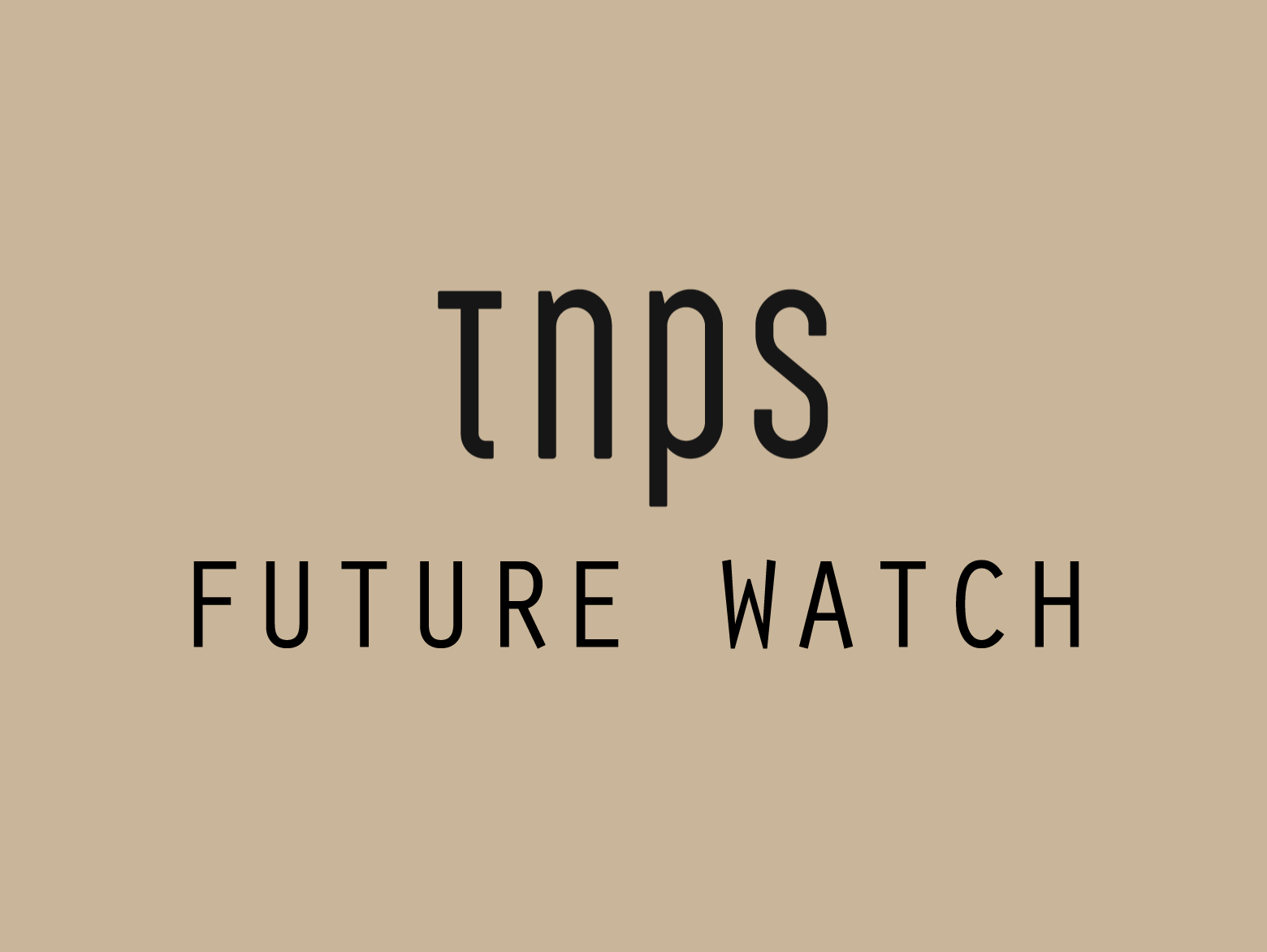Japanese publishers unite to demand OpenAI address copyright infringement by its Sora 2 AI; Sam Altman pledges stronger protections for creators.
The recent surge of AIs capable of generating images and videos has moved Japanese publishers and creators to issue a joint statement demanding urgent action from US tech giant OpenAI.
At the centre of the dispute is the company’s Sora 2 model, which has been used to create numerous videos featuring characters from Japanese anime, games, and manga – often without the consent of the original copyright holders.
The Collective Voice of Japanese Publishers
In a rare show of solidarity, a coalition of 19 groups including major publishing houses and the Japan Cartoonists Association issued a public challenge to OpenAI. They stressed the principle that copyright infringement is unacceptable and called for AI firms to secure the necessary permissions from copyright owners before training their models or deploying content generated from copyrighted works.
The statement strongly criticised the current opt-out system employed by Sora 2, whereby copyrighted materials may be used for training unless copyright holders explicitly request exclusion. Japanese copyright law, by contrast, requires prior consent and does not permit infringement based on retrospective objections. The publishers argue that this approach effectively facilitates widespread rights violations and urge OpenAI and other AI developers to implement transparent data sourcing and fair compensation to rightful owners.
Legal and Ethical Context
Japan’s approach challenges a broader debate surrounding AI training data worldwide. Whereas some AI companies advocate for “fair use” exemptions in jurisdictions like the US, Japanese content creators contend that the absence of informed consent and remuneration for copyrighted material used in AI training is both unethical and unlawful. Content firms including Bandai Namco, Square Enix, Kadokawa, Studio Ghibli, and Shueisha have been prominent voices through the Content Overseas Distribution Association (CODA), demanding immediate cessation of unauthorised use of their works.
Sam Altman’s Perspective on Copyright Protection
Amid these mounting pressures, OpenAI CEO Sam Altman last month announced plans to introduce new features empowering copyright owners to impose detailed restrictions on the use of their characters by AI. His statements reflect a recognition that strengthening copyright mechanisms is vital to fostering trust and sustainable collaboration between AI companies and content creators.
However, Altman also advocates for a balanced stance on copyright in the “Intelligence Age,” warning against overly restrictive laws that could hinder technological progress and cede competitive advantage to international rivals, particularly China.
This post first appeared in the TNPS LinkedIn newsfeed.




